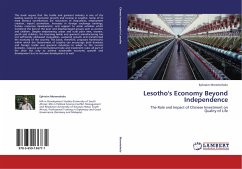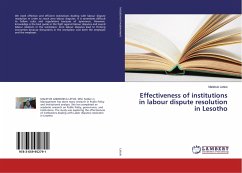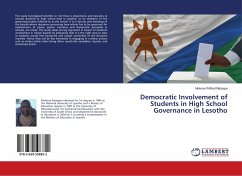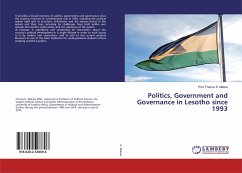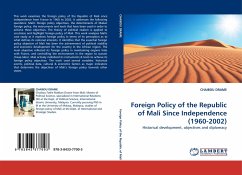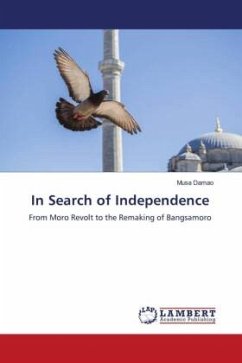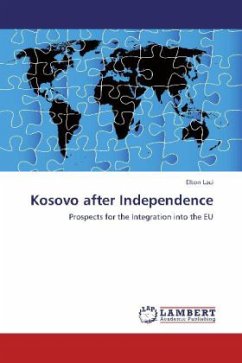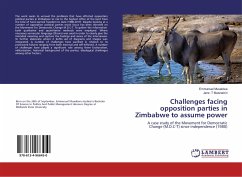This book argues that the textile and garment industry is one of the leading sources of economic growth and income in Lesotho. Some of its most obvious contributions are reductions of inequalities, employment creation, export promotion, increases in foreign exchange earnings, human resources development, and support to social activities which transform the lives of the poor and disadvantaged groups such as women and children. Despite empowering urban and rural poor men, women, youth and children, the booming textile and garment manufacturing has not sufficiently addressed inequalities, sustained growth and transformed the economy of the country. This book, therefore, proposes frameworks within which the Government of Lesotho can encourage both domestic and foreign textile and garment industries to adapt to the current domestic, regional and international trade and investment rules; all part of the drive not only to achieve sustainable economic growth and development but an inclusive development as well.
Bitte wählen Sie Ihr Anliegen aus.
Rechnungen
Retourenschein anfordern
Bestellstatus
Storno

